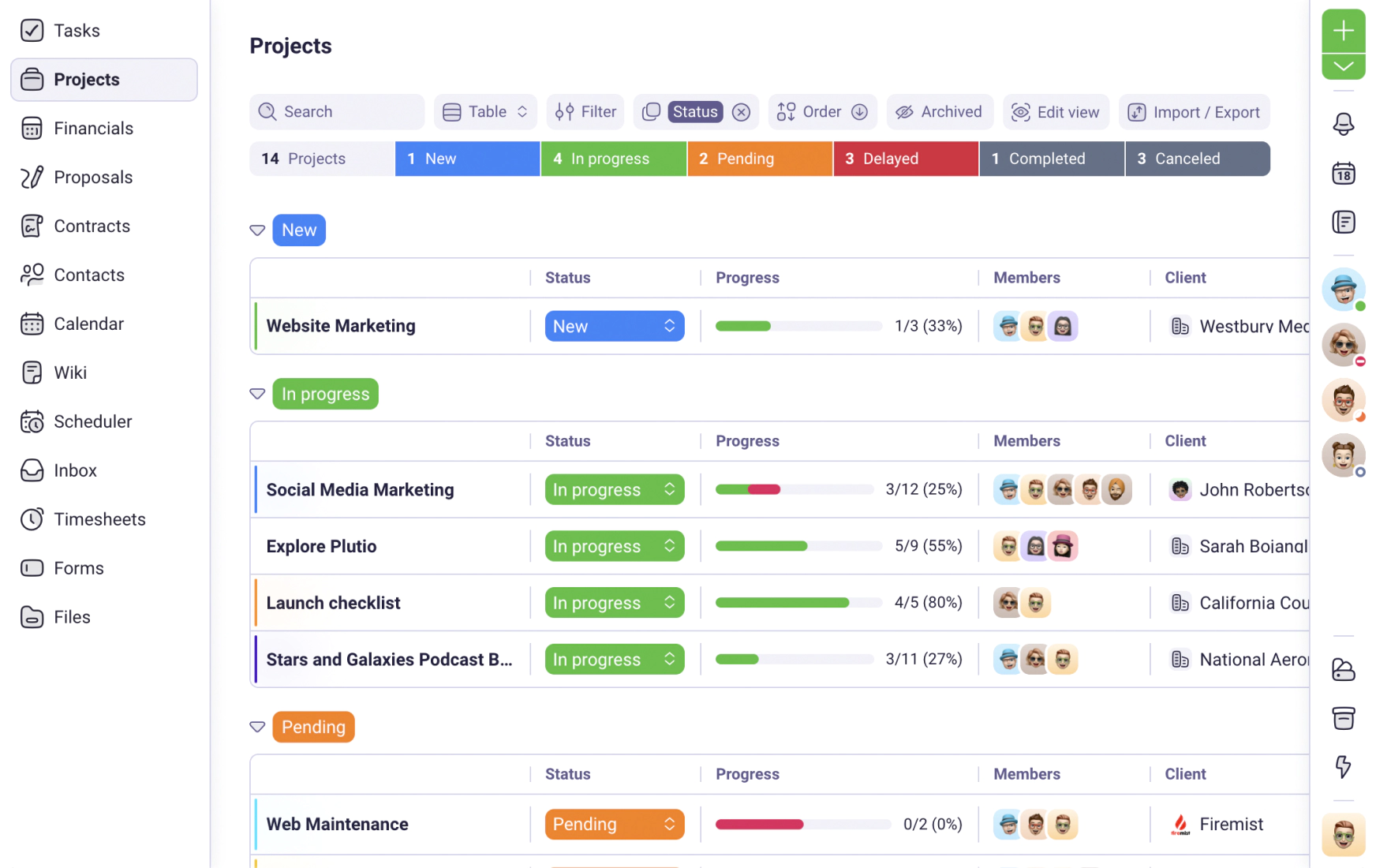We use cookies to personalise and enhance your experience.
Although video calls and instant photo sharing are the norm now, it can still be easy for remote teams to fall short of their goals, due to miscommunication, the lack of communication, or not setting boundaries, as the remote manager. From not prepping for a video chat, to not letting people voice their concerns, to micromanaging … the list goes on, on what can go wrong in remote work.
Although managing a remote team is much different than managing in-house workers, you can still change that. Just avoid these six common mistakes, when communicating, as well as enforcing it, as remote manager.

Not Encouraging Team Interaction
“Interaction is extremely important, when you have employees working remotely,” says Taylah Hemmant, a business writer at Australian help and State of writing. “However, working remotely can feel lonely and isolating for your workforce, and they might not know how to communicate any questions or concerns to either you (the manager) or their co-workers.”
So, how do companies encourage interactions?
“Some good ideas are to encourage interaction through ice-breaker sessions and weekly online games,” adds Hemmant. “Eventually, you can take things a step forward by holding monthly lunches via video conferencing, or reserve a place for such an event.”
Not Having A Checklist
Checklists help you get things done; but without one, you’ll risk forgetting something - you’ll risk forgetting an important step in the project that you need to relay to your staff, or risk forgetting about a date for a video conference. Therefore, it goes to show that a checklist – simple or detailed – can be beneficial for remote teams of any size, as you build trust with your staff, and reach goals as a team.
Not Having Regular Performance Reviews
Everyone has (and should have) something to contribute in a team. All of your employees — whether in-house or remote — look to you for regular feedback, praise, and criticism. In addition, your staff may need help addressing areas that could use improvement.
Therefore, it’s important to have regular performance reviews on your staff, so that they can keep up the good work all year round. Whether it’s once a month, or quarterly, you (the manager) will have to meet with all of your employees to discuss their performance. One of the best ways to meet with remote staff is via video conference; or, you can email them a detailed form that allows them to send you feedback.
Micromanaging Your Team
Now, it’s one thing to be a manager; no matter. But if you spend too much time micromanaging your staff, then chances are, they’ll get overwhelmed, and probably address it. Worst case scenario: they’ll probably look for another job.
Please understand that many employees like remote work, because of the freedom that it brings – freedom from a traditional work environment (i.e. office setting). And while you want your workers to succeed, you still need to give them space. Let them know of your expectations, and then trust that they’ll get the work done.
Jumping Into Hiring Prematurely
“It’s never a good idea to hire someone onto your team right away,” says Lachlan Auld, a communication manager at Paper fellows and Boom essays. “Remember that not everyone is cut out for a remote position. If a person isn’t able to exhibit self-discipline in sitting down and working from home, or if they’re prone to ‘cabin fever’ when working in an isolated area, then remote work is definitely not for them. Word of advice: Find the right person for the job; don’t just hire anyone who comes your way.”
Not Building Trust
Building trust is vital in your remote team. Trust allows you and your workers to communicate, to stay focused on the tasks at hand, and to be there for each other. As remote workers start to work … well, remotely… you’ll have to establish boundaries, and to list your expectations and guidelines. And, as you instill the work ethic, you should allow workers to say whatever concerns them – make everyone’s voices heard.
Conclusion
Although managing a remote team is not an easy task, you can still take comfort in the fact that it doesn’t have to be that way. You can still overcome whatever obstacles that remote team management may bring. By avoiding the above six mistakes, your job, as remote manager, will be easier; and your remote team will thank you for it.
Molly Crockett writes and edits for Academizedand Ukwritings. She also writes and manages projects for Essayroo. As a marketing writer, she shares her unique lifestyle tips and personal development advice with her audience.
Have you tried Plutio yet?
The only app you need to run your business and get work done.
Try Plutio for FREESupercharge your business
The complete toolkit to run your business
The intuitive all-in-one solution to manage and collaborate on projects, share files, build forms, create proposals, get paid, and automate your workflow.
No credit card required


